Have you ever felt burnt out from your sport? If you said yes, know that a lot of people have felt the same way. According to sbtreatment.com, there is a sixteen percent increase in anxiety and depression in child athletes when compared to non-athletic children. Even though team sport has the potential to be good for the growing mind and can improve mental and physical health, certain factors, such as abuse, pressure, and a perfectionist mindset, can burn out young athletes quickly. The passion that children have for learning and fun fades away, and the flame that once filled their days with light instead leaves a scar.
On the positive side, participating in sports can reduce the risk of heart disease and diabetes. It can also aid in keeping minds sharp and even staying productive. When children arrive at the field, track, court, or pool, they are excited to hang out with their teammates. In fact, working as a team is very beneficial for a child’s social development. If in a good environment, it can train children to have good expectations for themselves. But, too many times, coaches and trusted adults lose sight of teaching their youth the fundamentals of the sport and instead hyper-focus on winning.
In addition to this, interviews with 15 elite youth swimmers indicated that they felt powerless to control what was happening in their lives outside and inside of the sport. This was the result of an over-structured idea of the athlete’s quality, causing them to burn out (Human Kinetics). Tight schedules, constant training, and an overly negative attitude towards losing can make it feel like the only purpose of the sport is to hit unrealistic standards for yourself. It can feel like the stars you are reaching for aren’t even there. Some coaches end up calling intense training a punishment for a team loss, causing pressure to build within individuals on the team. As they grow into teens, they might end up feeling like their whole identity is their sport. Athletes should have somebody to go to that will help correct these beliefs.
Equally, children and young adults should be encouraged to reach out if the burnout gets serious. If you’re on the verge of burnout, be mindful of the pressure you put on yourself, develop hobbies outside of your sport, hang out with friends, and don’t forget to take it easy. A little stress is healthy, but not if it’s affecting you constantly.
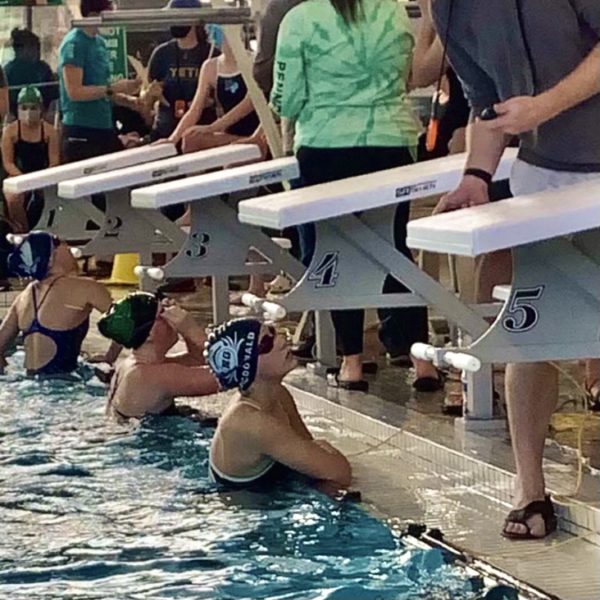
Remember that, in the end, sports are all about what you get out of them. Burnout is a real thing many children and teens are facing. Through abuse, perfectionism and environmental and emotional pressure, young children and teens can lose the love that they once held for their sport. Set healthy goals for yourself, and know that it’s ok to take a step back to take one forward. I hope that you can re-find the passion you had as a little girl, going into practice with a big smile and a determined glow about you.





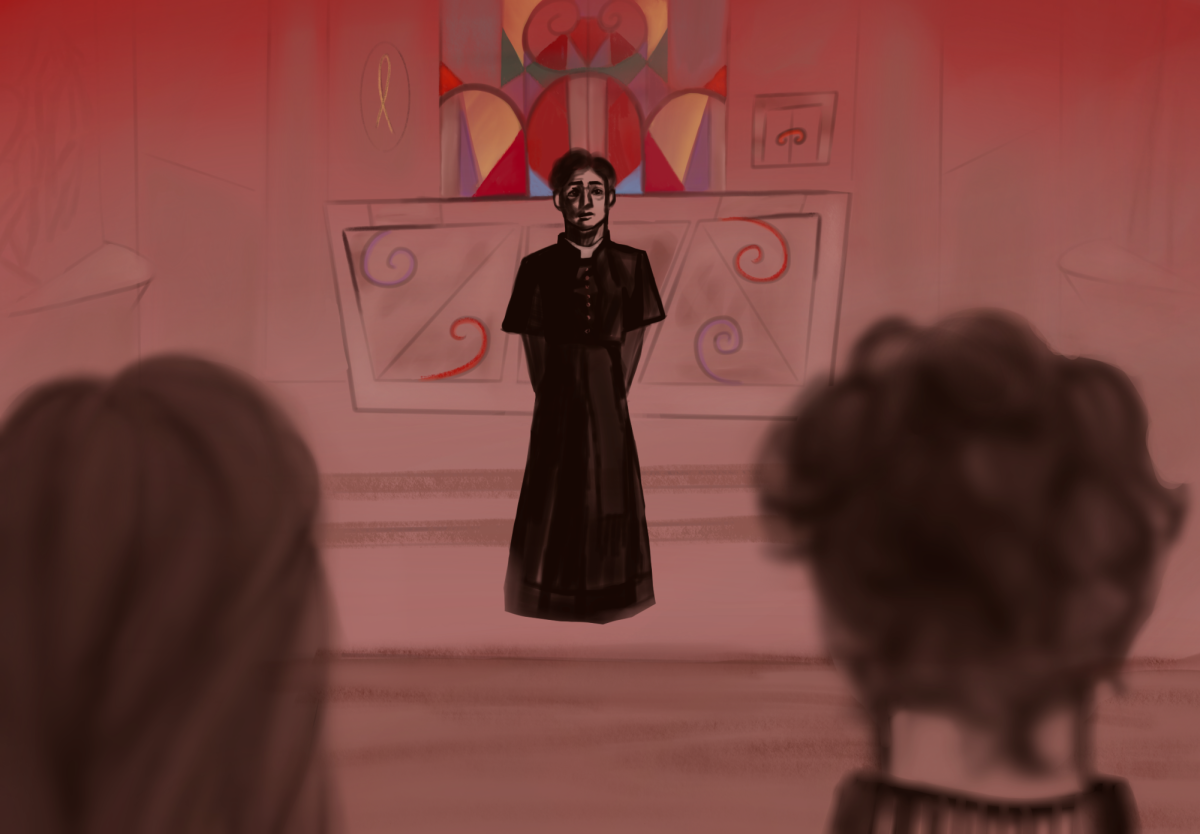









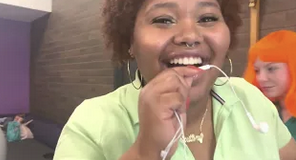






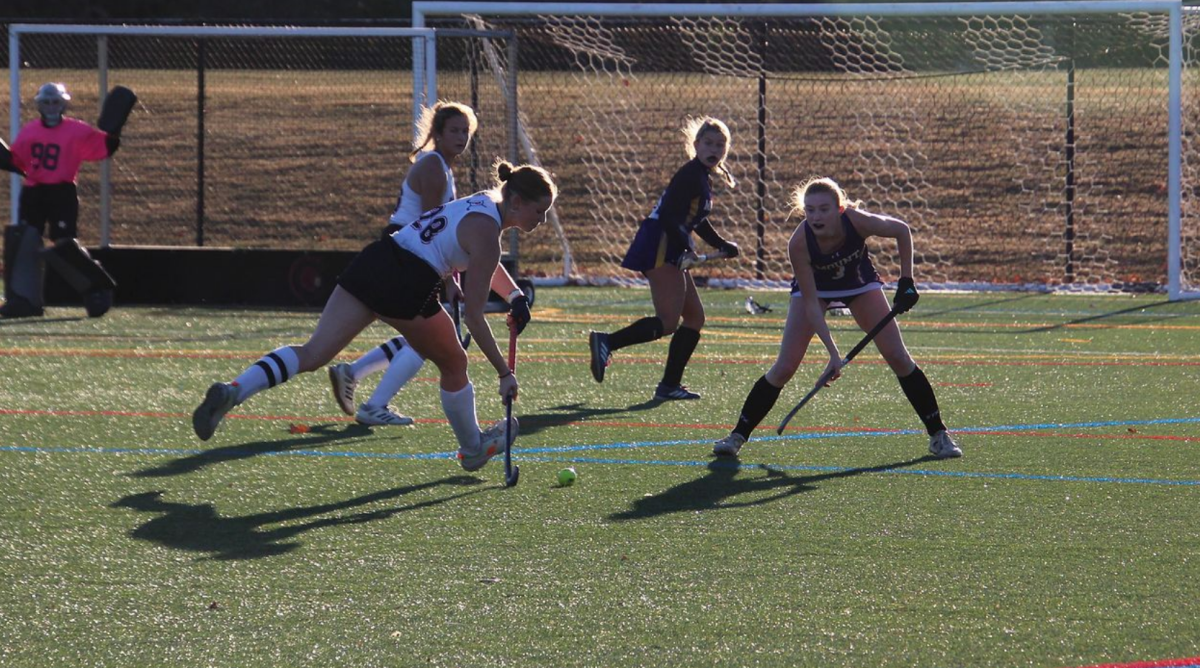


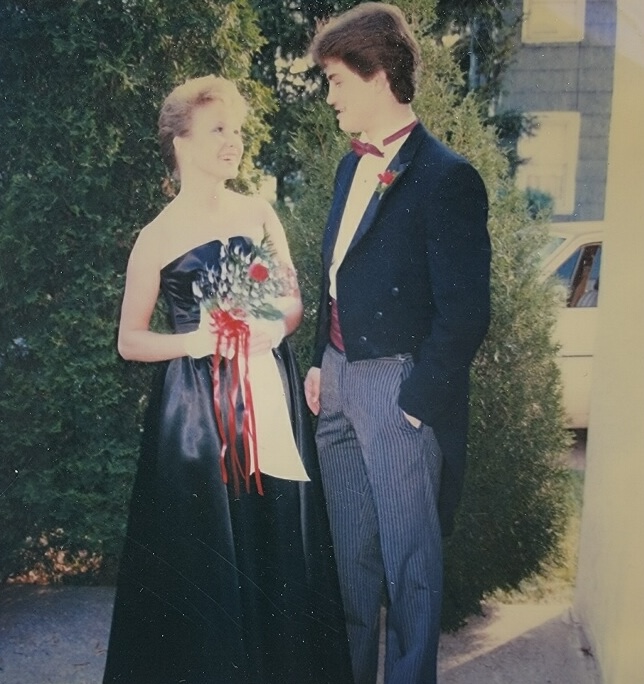

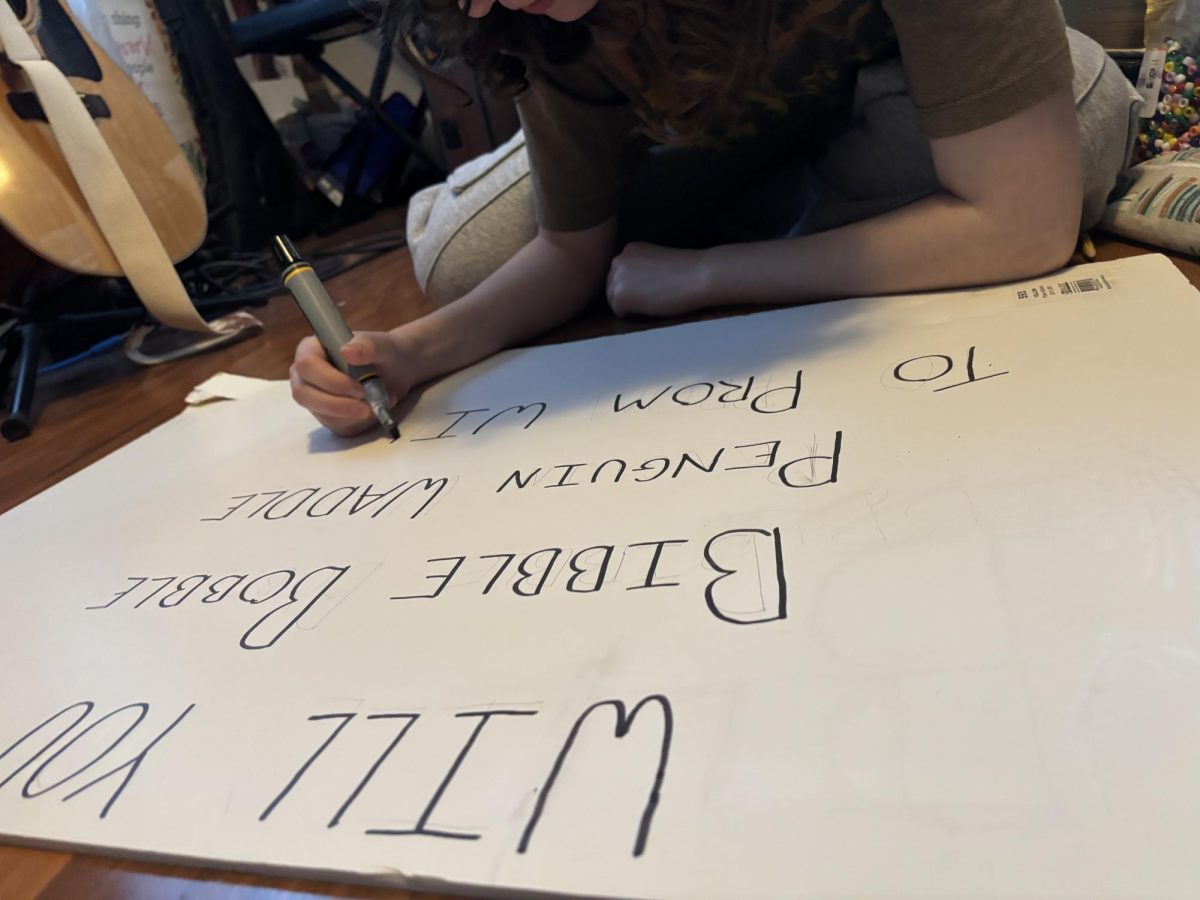

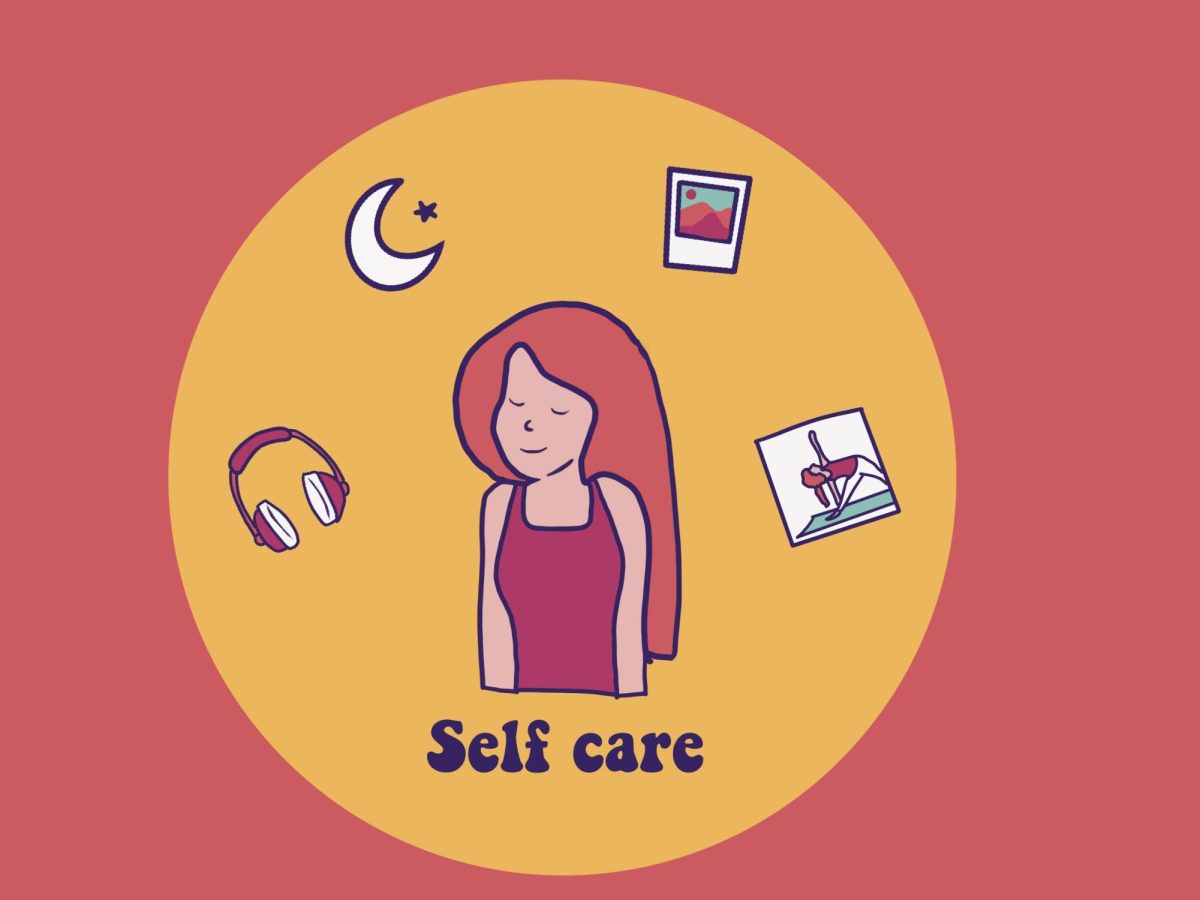






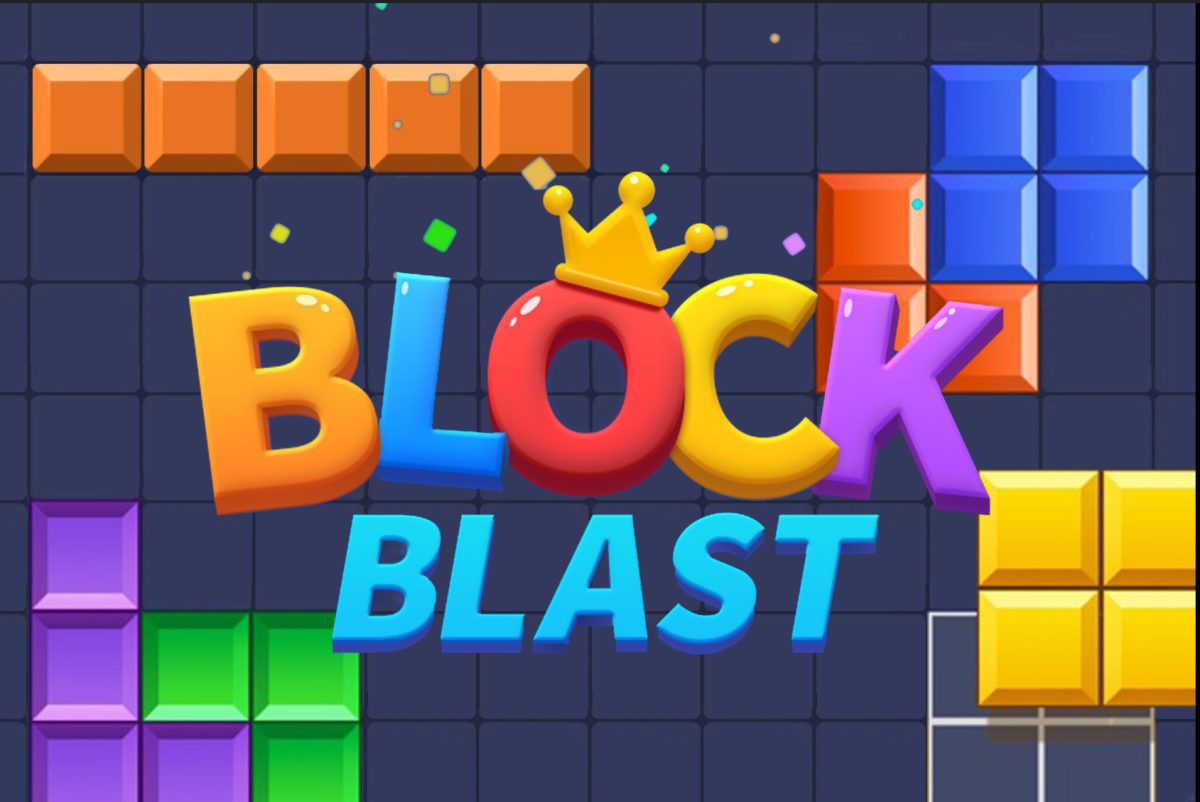





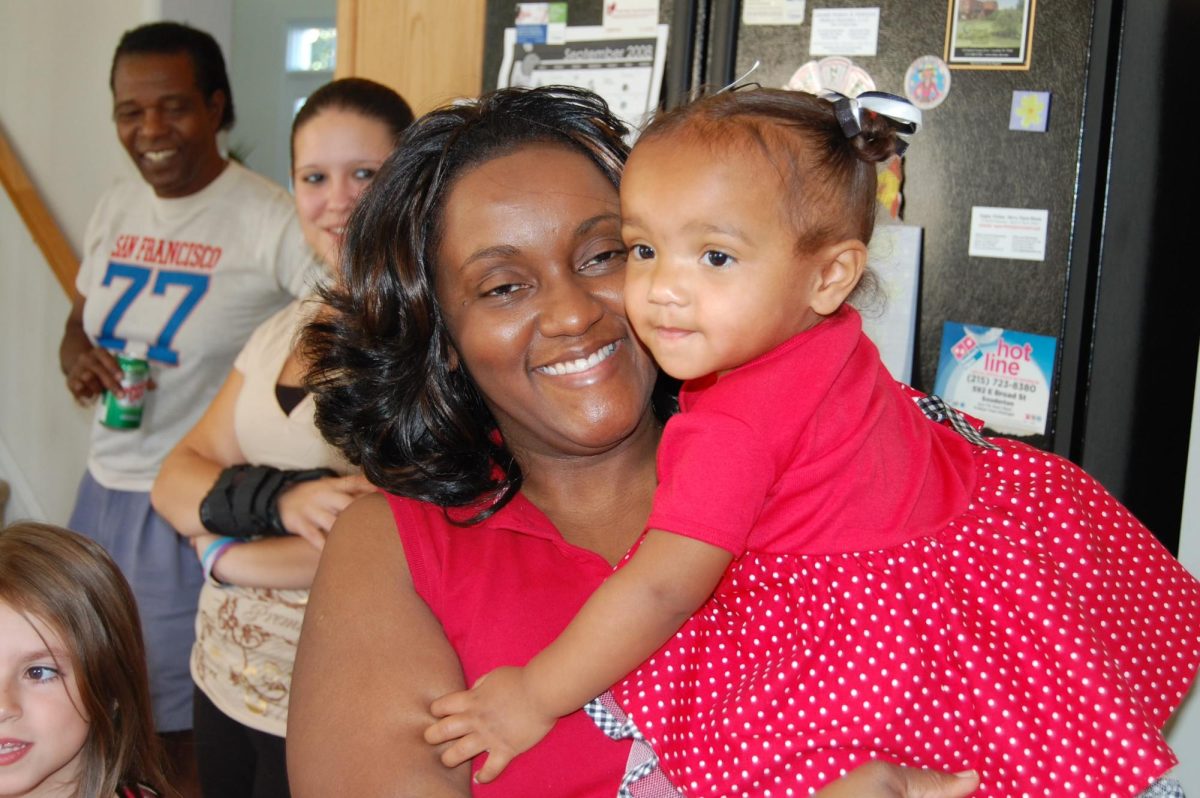
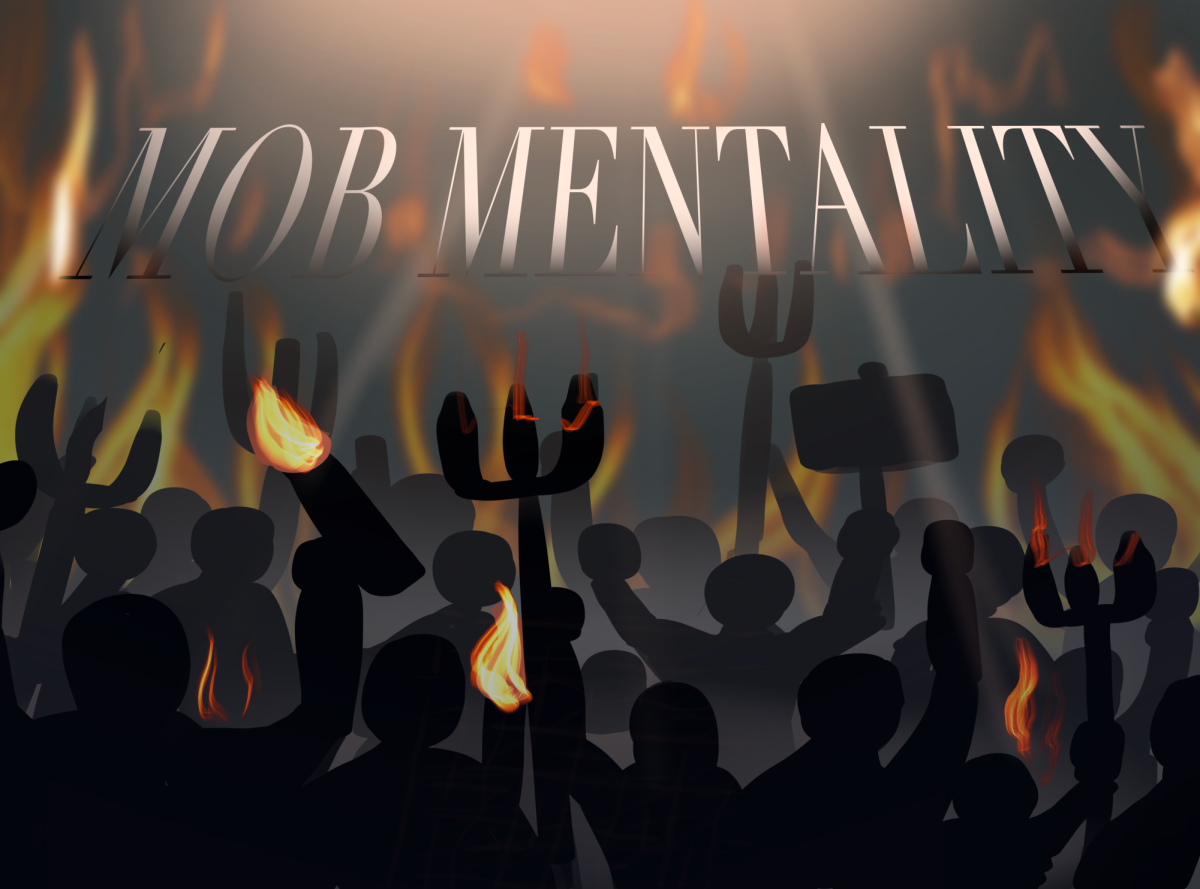


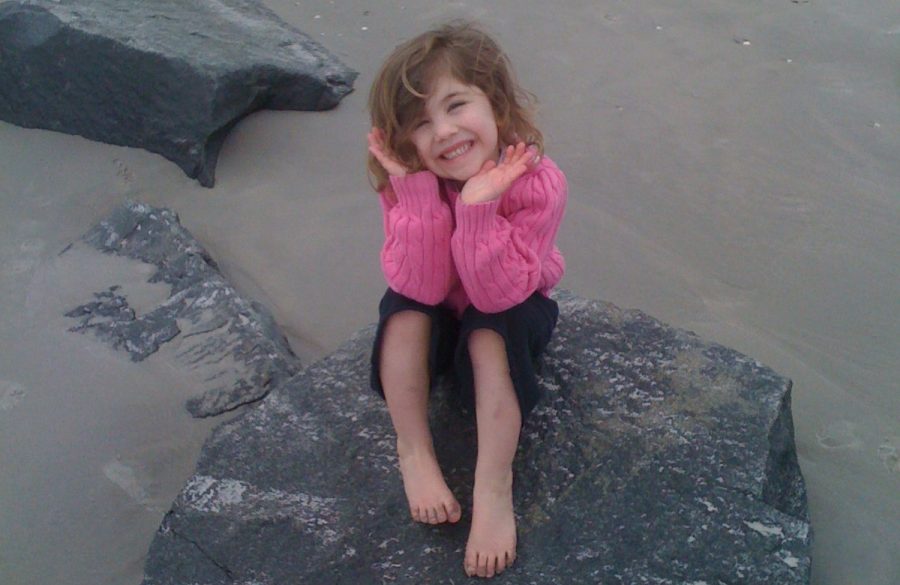

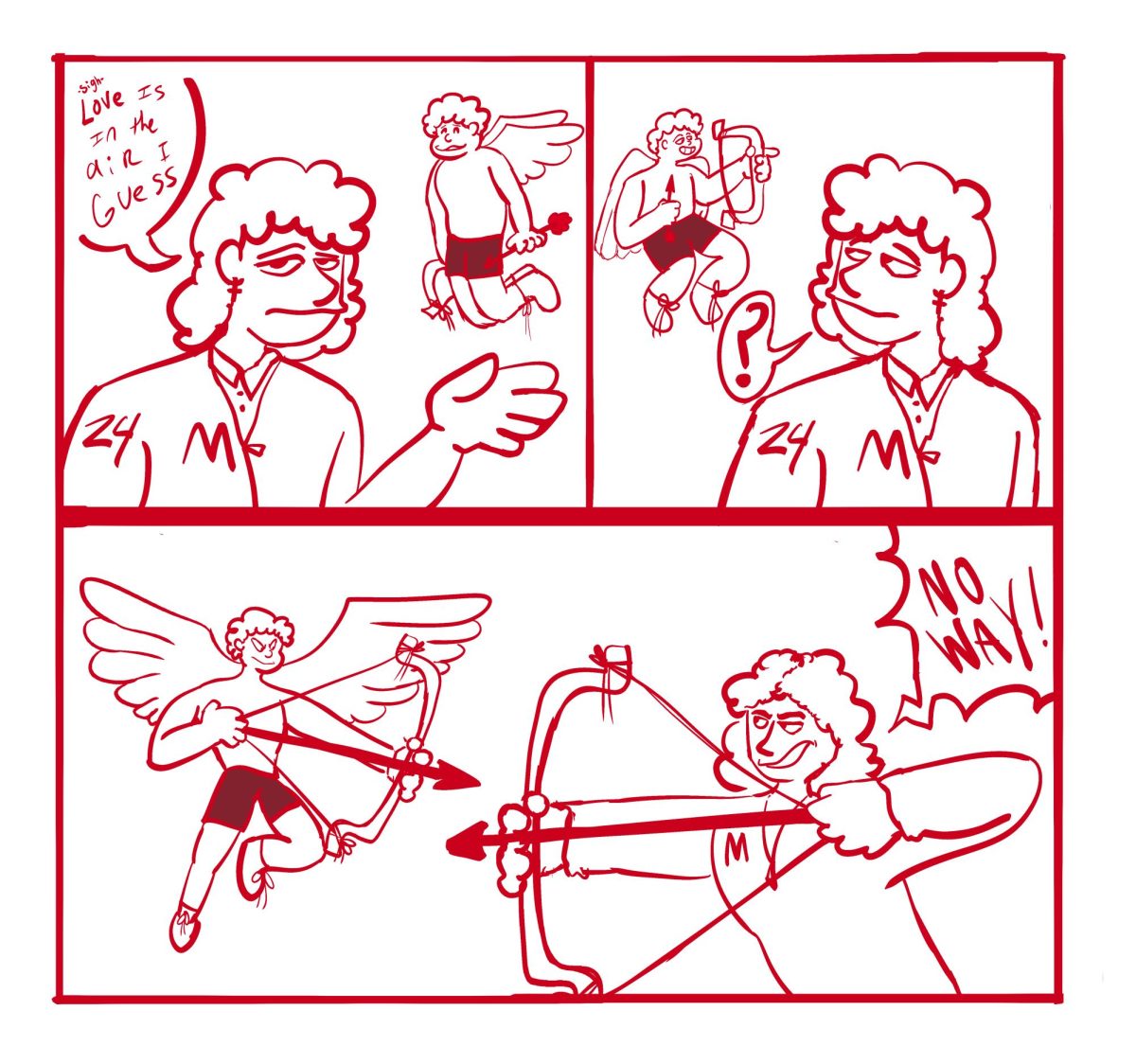



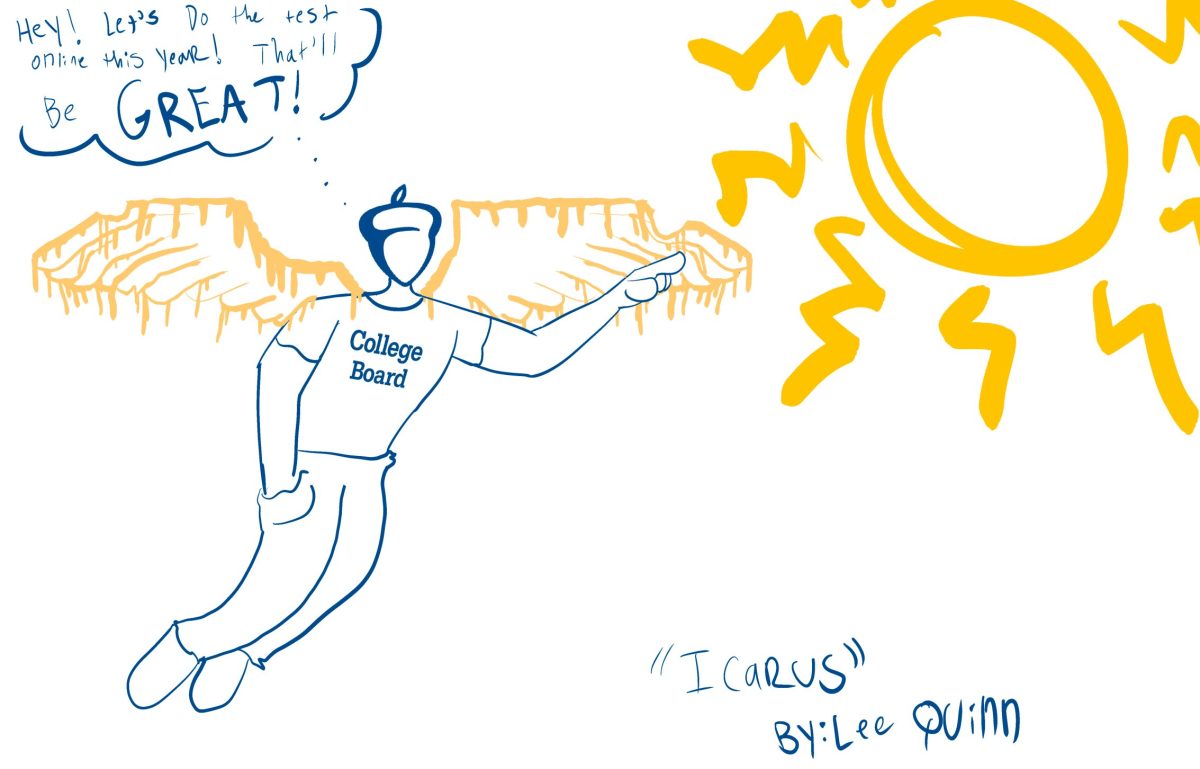




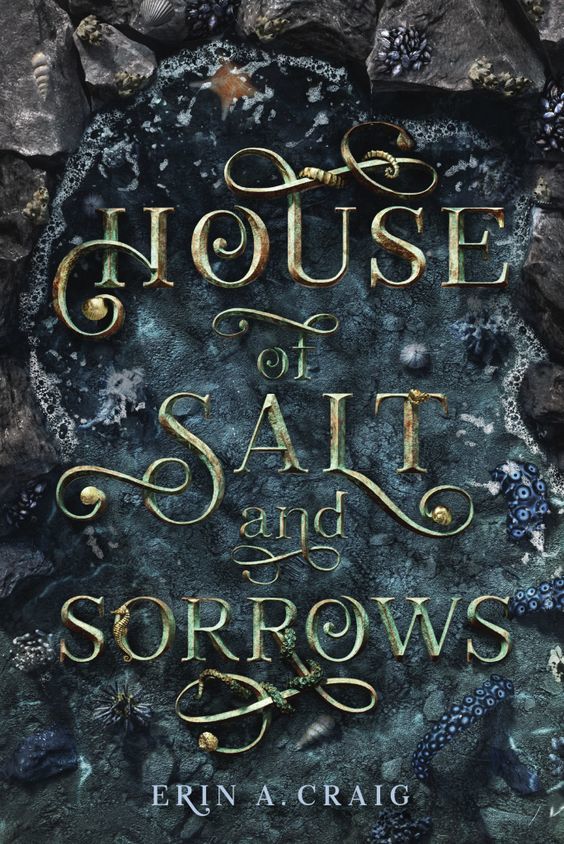




Violet Binczewski • Nov 29, 2023 at 4:52 pm
AMAZING first article Kelly!!! SO proud of you:)
Kelly McDonald • Dec 6, 2023 at 3:27 pm
Thank you Violet couldn’t have done it without you!!